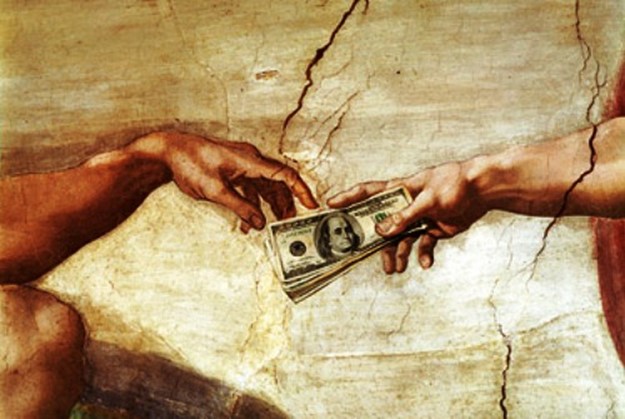The Economics Of Christmas Trees
December 24, 2015 in Daily Bulletin

Come the holiday season metropolitan cities like New York are filled with street vendors selling Christmas Trees. Andy Bankin interviewed some of the merchants:
- Pricing for trees is exponential – a tree twice as big may cost four times as much.
- The only real way to get a discount is to ask the vendor to show you the reject less-than-perfect trees.
- The tree sellers are there 24 hours. They have no place to store them at night so they’re always around to keep watch and make late night sales.
- The salespeople who sell the trees are seasonal workers. In the summers they may fan across the United States to work on farms. Selling trees is good business since there’s little else open work in the winter.
- Contrary to popular perception the vendors don’t just have a single stock of trees they go through. Multiple deliveries of new trees are made every day.
- If you want the freshest supply go early in the morning. Deliveries usually happen at night, when traffic is low.
- You may also want to get to know your tree salesperson. They’re likely to return to the same spot year after year.
Read more about the Hanukkah Bush, some of the weirdest things that the vendors have seen, and behaviours that they appreciate over here.
Source: Hopes and Fears









Join the Discussion! (No Signup Required)